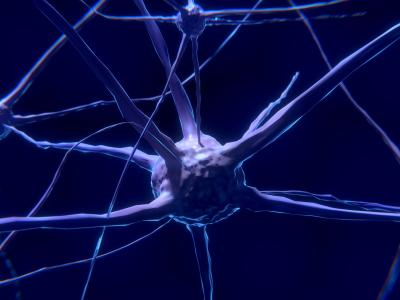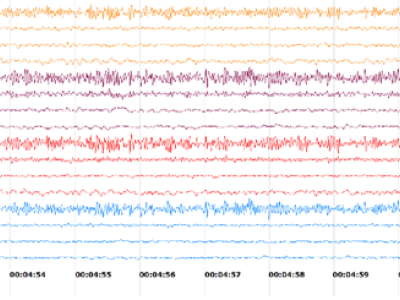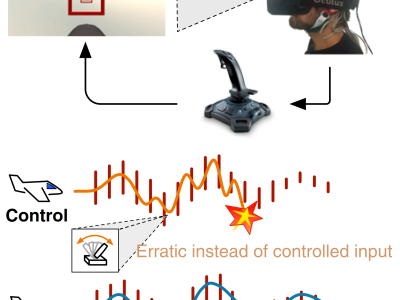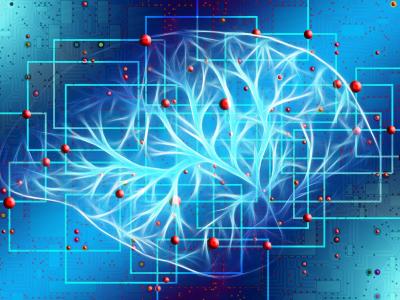Mental resilience assessment

- Citation Author(s):
- Submitted by:
- Tong Boon Tang
- Last updated:
- DOI:
- 10.21227/bmtp-jx97
- Data Format:
 227 views
227 views
- Categories:
- Keywords:
Abstract
Resilience is an important indicator of our defence mechanism against mental illness. Its assessment is conventionally done using psychological questionnaires and has also been recently investigated using neuroimaging modalities. These modalities provide objective and physiological-based assessment of resilience for prognosis and training purposes such as in the neurofeedback and behavioural therapies. This study investigates the use of electroencephalogram (EEG) to assess mental resilience in 2-Class, 3-Class and 4-Class models during resting and task conditions. Three types of EEG features, namely spectral, functional connectivity (FC) and effective connectivity (EC) were extracted, and their correlations with standard resilience assessment instrument – Connor-Davidson Resilience Scale (CD-RISC) were evaluated at resting and task conditions. The EC measured using phase slope index (PSI) achieved the highest performance in all three models (>80%) for both resting and task conditions. The FC achieved high accuracy (83.95%) only in the 2-Class model for resilience at resting condition, whilst the other models performed poorly as the spectral features with < 80% classification accuracy. The results support that the directional information quantified by the EC features provide an objective means to measure mental resilience.
Instructions:
Dataset information
Participant: 36 healthy adults
EEG signals: 31 channels
EEG device: MITSAR EEG-202-31
Frequency sampling: 500 Hz
Recorded data:
1 minute EC1
1 minute EO1
1 minute EC2
1 minute EO2
4 minute Task1
4 minute Task2
2 minute EO2
The EEG signals are saved based on subject ID and condition.
Filename 's01ec1.txt' refers to EEG data for subject 1 during EC1 condition.









